My third and final month with the striking Polestar 4 Long range Dual motor has been eventful to say the least, with an unexpected ‘mechanical’ issue requiring an even more surprising software update to fix it.
But before I explain what happened there, the third and final chapter of this EV Guide long-term review will be headlined by my driving impressions of the Polestar 4, which I can only assume have been highly anticipated! Then I’ll finish with my overall verdict.
Now, if you haven’t already read the first two instalments, please click the links directly below. The first one covers the Polestar 4’s pricing, specification, powertrain, battery, driving range, warranty and servicing. The second looks at its design and practicality in detail.
For the final time, let’s get to it, starting with those driving impressions!
Quick but comfortable
Being a fully electric SUV, you’d expect the Polestar 4 to accelerate strongly without interruption from a multi-speed transmission, and the Long range Dual motor (LRDM) flagship on test here certainly does thanks to its 400kW/686Nm dual-motor all-wheel-drive set-up.
As a result, the LRDM is claimed to sprint from 0-100km/h in a supercar-scaring 3.8 seconds – but this performance is only unlocked when you put it in its ‘sport’ powertrain mode, which can be enabled by either a press of one of the capacitive buttons on its steering wheel, or with one or two taps of its central touchscreen.
When this mode is engaged, the LRDM jumps off the line with AWD grip and the kind of instantaneous torque that pulls occupants into the row behind them. It is brutally quick, so much so that it certainly feels quicker than its triple-digit claim.
Thankfully, the ‘normal’ drive mode is somewhat linear, with full-throttle acceleration from a standstill surprisingly progressive and measured – until about 50km/h, at which point the LRDM realises you were serious about wanting ‘full beans’. Then it’s as if you had it in ‘sport’ all along.
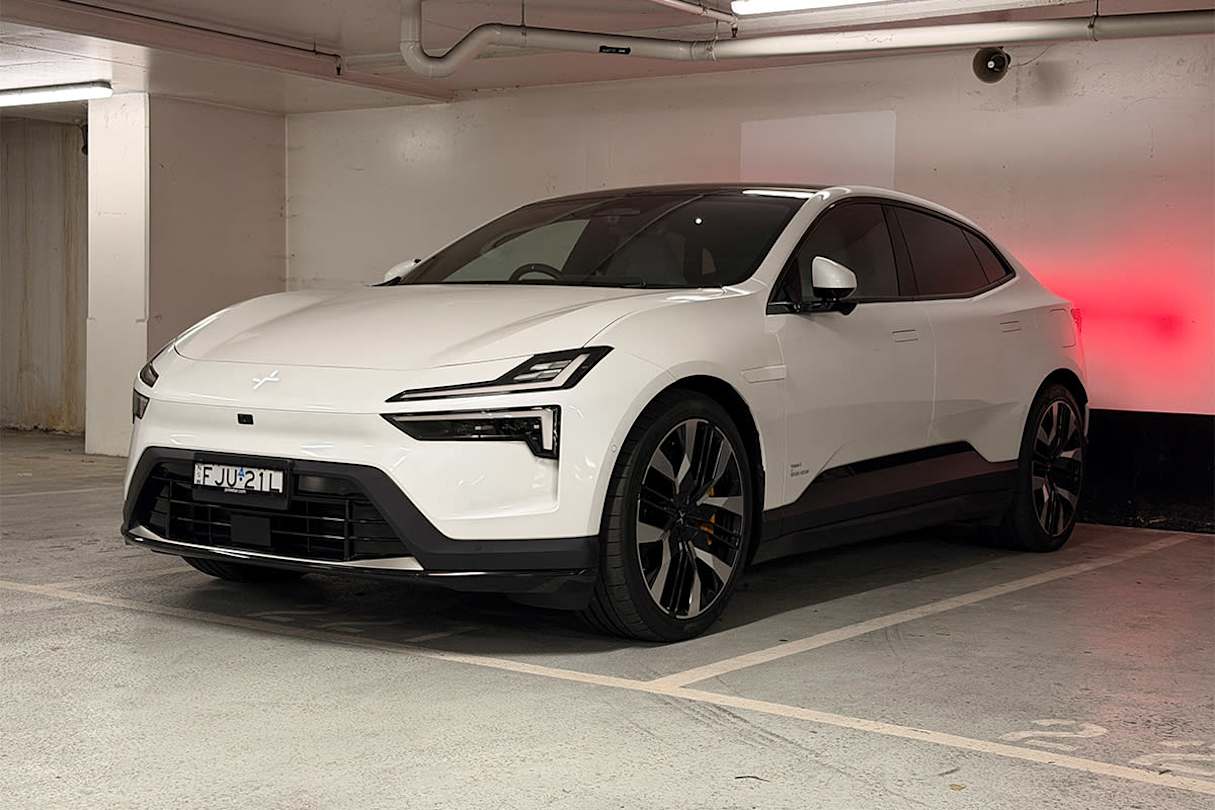
When you’re buying a luxury car, straight-line performance should be effortless, and it definitely is here. But I would argue that the LRDM is overkill for Australian roads, the vast majority of which have speed limits up to 110km/h. That’s one of the many reasons I reckon the Long range Single motor (LRSM) is a better buy for about $10K less, even if it’s got half the outputs.
The regenerative braking system on hand in the Polestar 4 also has two modes, with my preference being the one-pedal setting that allows you to slow the vehicle down to a standstill by releasing the accelerator pedal. The rate of deceleration it has is surprisingly high but not jerky once you work out how to best modulate it.
The above is why I think the LRDM Performance pack’s otherwise very effective Brembo brake package is overkill, especially in an EV where the friction brakes are so rarely actually used. Also, the Polestar 4 is not a car that you would actually take to the racetrack (I’ll explain why in a moment), so what’s the point?
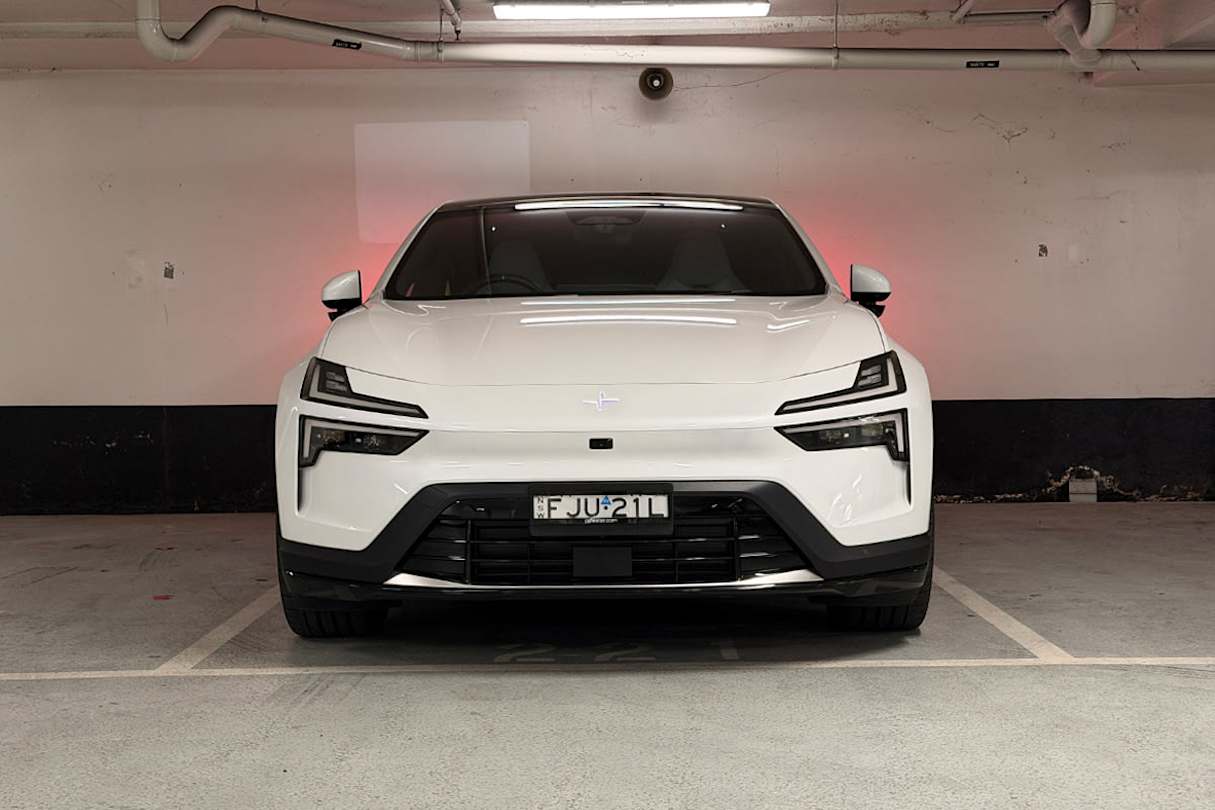
Another Polestar 4 element with different modes is the electric power steering, which has three of them via two taps of the central touchscreen. As you’d imagine, they progressively increase the weighting.
The heaviest setting obviously gives you more feedback, which is my preference during sporty driving, but my day-to-day commuting has seen the lightest and middle options used the most due to their ease of use in congestion. Ordinarily, I’m a set-and-forget kind of driver, but I have found myself cycling through the alternatives in this instance, which perhaps says something about a combination of the latter two being best for me.
Which brings me to yet another LDRM aspect that can be customised to your personal preference: the suspension’s adaptive ZF dampers, which form part of its exclusive $7200 Performance Pack alongside stiffer coil springs, anti-roll bars and 22-inch forged alloy wheels with sticky Pirelli P Zero EV performance tyres.
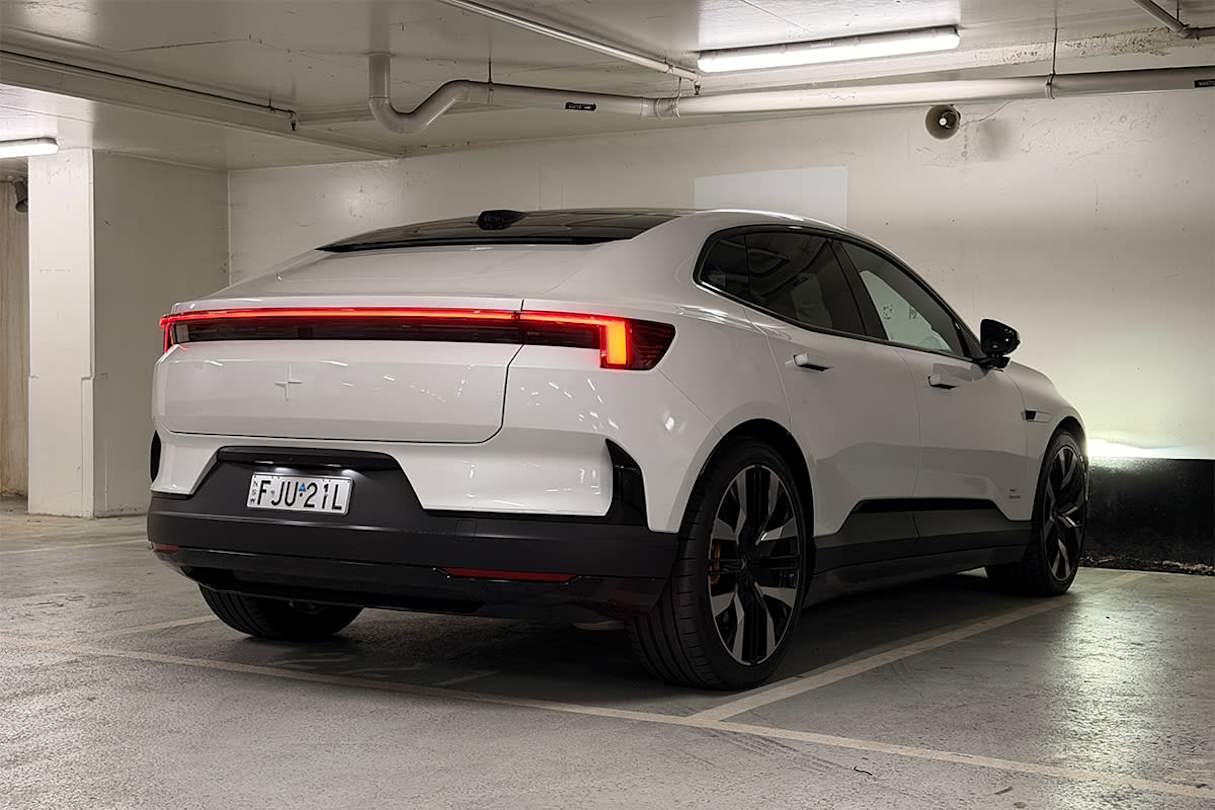
My only other experience driving a Polestar was a pre-facelift Polestar 2 LRDM with a – you guessed it – Performance pack fitted with manually adjustable Ohlins dampers. Its ride was brutally stiff in my experience. But my colleagues who have driven the facelifted model on sale today happily report it is much more comfortable, which is good news.
I mention this because Polestar has clearly continued its march towards soft suspension with the Polestar 4. Keep in mind my LRDM test vehicle, again, has the Performance pack optioned and yet its softness is unbecoming of its ‘stiff’ configuration.
Point being, my LRDM test vehicle has delivered a surprisingly comfortable ride with low noise, vibration and harshness (NVH) levels across most road surfaces despite its Performance pack theoretically working against it. But there has been one significant trade-off…
Driving me mad
By being so softly sprung, the LRDM with Performance pack has unexpectedly poor body control. It is quite literally all over the place.
Tip it into a corner or drive over a bump and the level of lateral movement is akin to a higher-riding, heavier, boxy wagon. Make no mistake, despite its coupe-like styling, the Polestar 4 is no sports car.
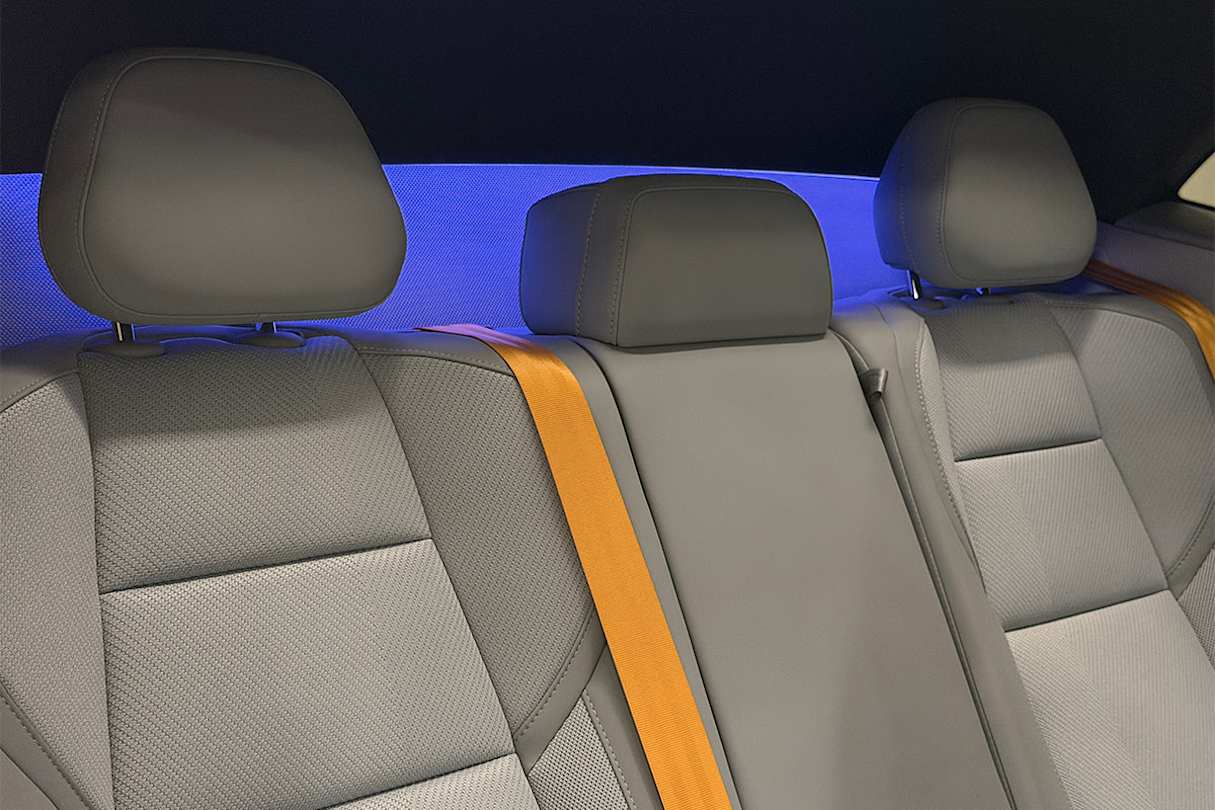
The Performance pack’s adaptive ZF dampers have three different modes, with Standard far too loose for my liking, with plenty of head wobbles over sharp bumps. This is never the case for me in day-to-day driving, where I always prefer the most comfortable setting.
So, I’ve found myself instead opting for Nimble, which tightens things up at the cost of a little ride comfort. I’ve also been tempted by Firm at times as while it does exactly what it says on the tin – albeit it not to a jarring degree – it offers a much more acceptable level of body control.
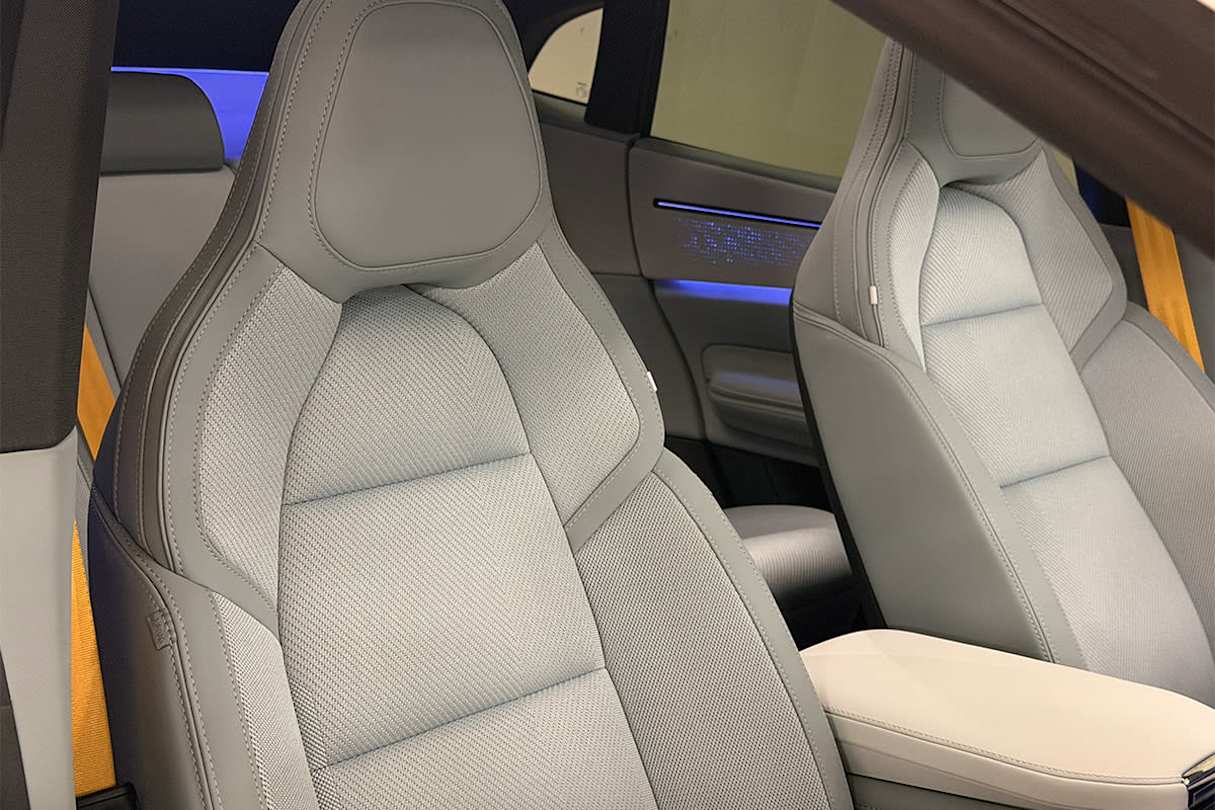
Polestar needs to retune the Polestar 4’s suspension come facelift time if this is what the so-called Performance pack is like.
Another driving challenge with the Polestar 4 is its sheer width. At 2008mm wide, it is what I like to call ‘Lamborghini wide’. You really have to be conscious of not hitting things in tight situations, including on the road and in car parks. The real side mirrors help a lot here.
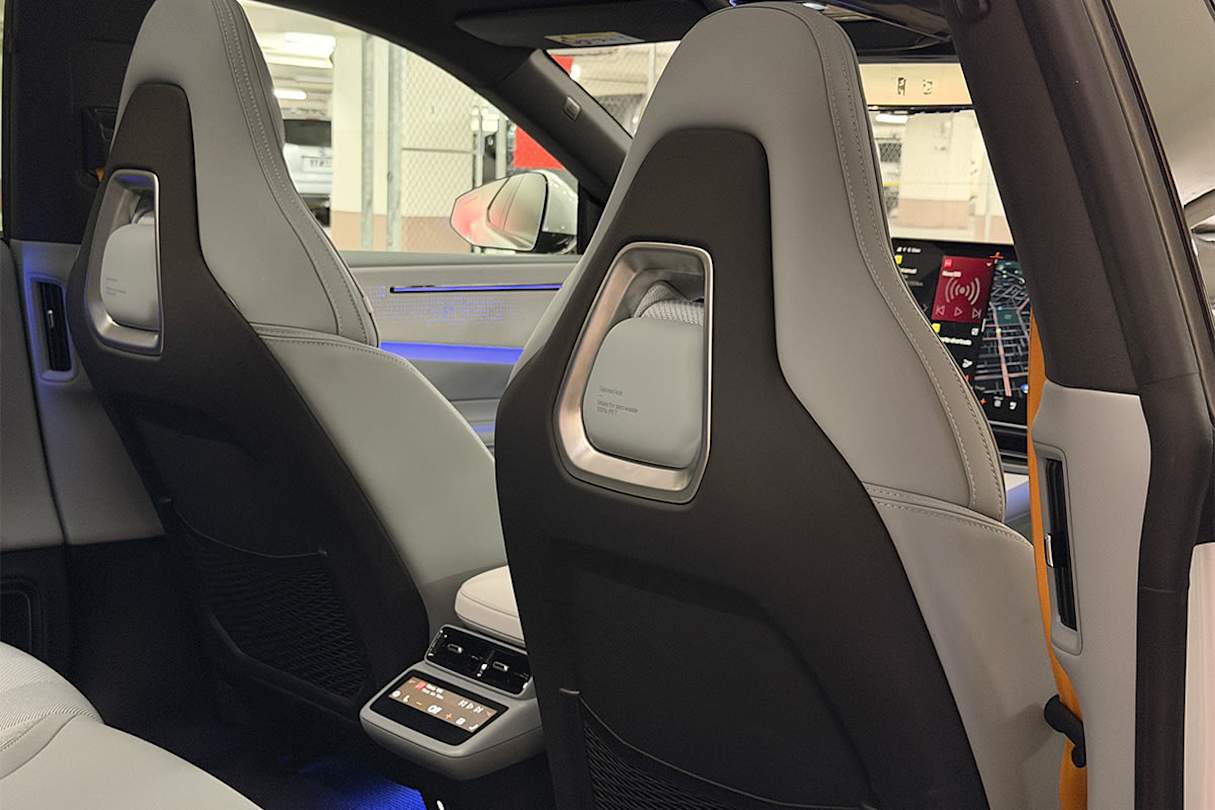
Speaking of mirrors, rearward visibility is limited to the divisive digital rear-view mirror, which is a necessity given the Polestar 4’s lack of rear window. As with any other display that uses a live video feed, depth perception is not great and neither is low-light performance. I prefer a piece of glass everyday of the week (and twice on Sundays), but it’s annoyingly not an option due to Polestar’s prioritisation of exterior design and interior practicality.
Parking the Polestar 4 is also challenging, not only due to its dimensions but also its large turning circle (11.6m), which comes courtesy of its long wheelbase (2999mm). Thankfully, parking sensors are along for the ride alongside surround-view cameras, which give you the confidence you really need.
Serene safety features
While we’re talking advanced driver-assist systems, it’s worth noting that the Polestar 4’s suite is largely impressive because it does not annoy you with consistent bings and bongs, which are unfortunately becoming the norm in the current era.
As silly as it sounds, one of the best things about the Polestar 4 is that you can turn off its audible overspeed warning and it will stay off until you decide to turn it back on, as opposed to defaulting to on each time the ignition is turned on.
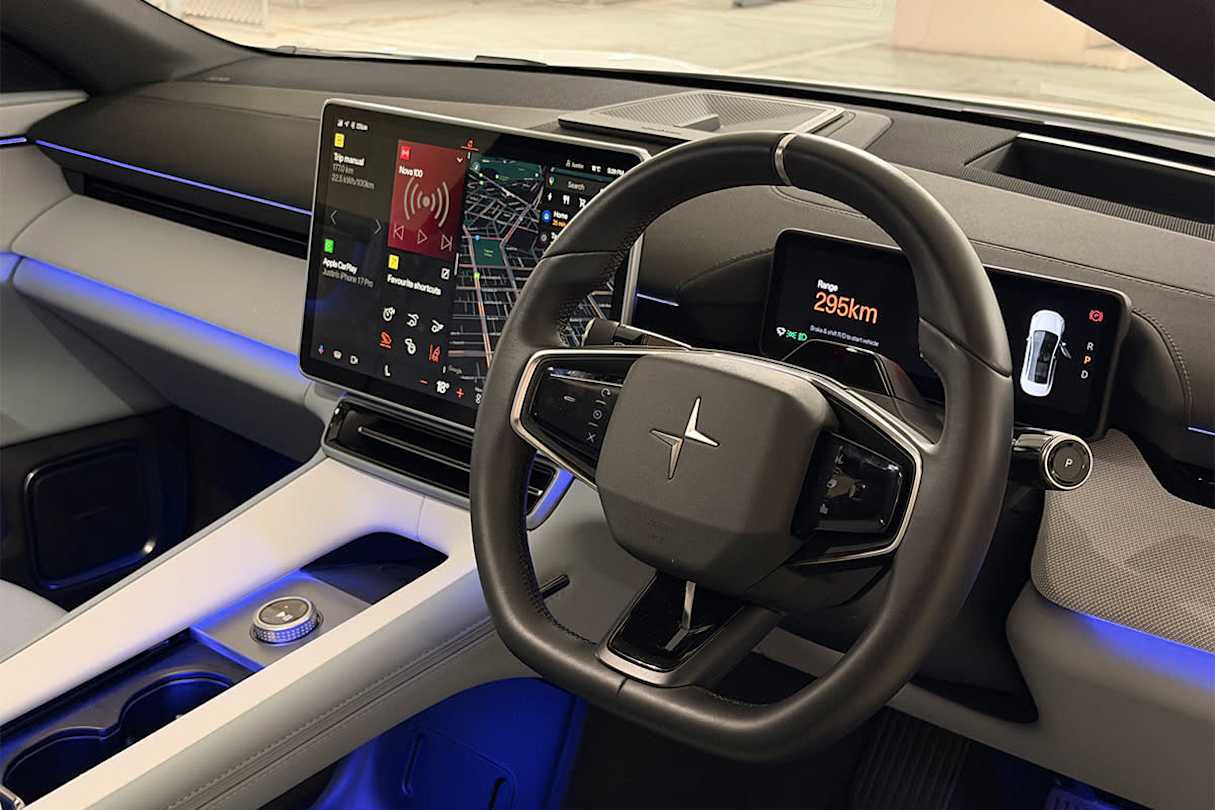
Even the driver monitoring system is relatively unobtrusive, with only a visible warning discretely shown on the digital instrument when you are looking away from the road for an extended period of time.
The other active safety features are generally well-tuned, with the lane-keep assist only occasionally providing some steering resistance, but it thankfully doesn’t make any large ‘corrections’, at least in my experience.
The free Pilot pack’s adaptive cruise control also does the job, with its stop-and-go functionality, and steering assist providing a dependable level of autonomous driving.
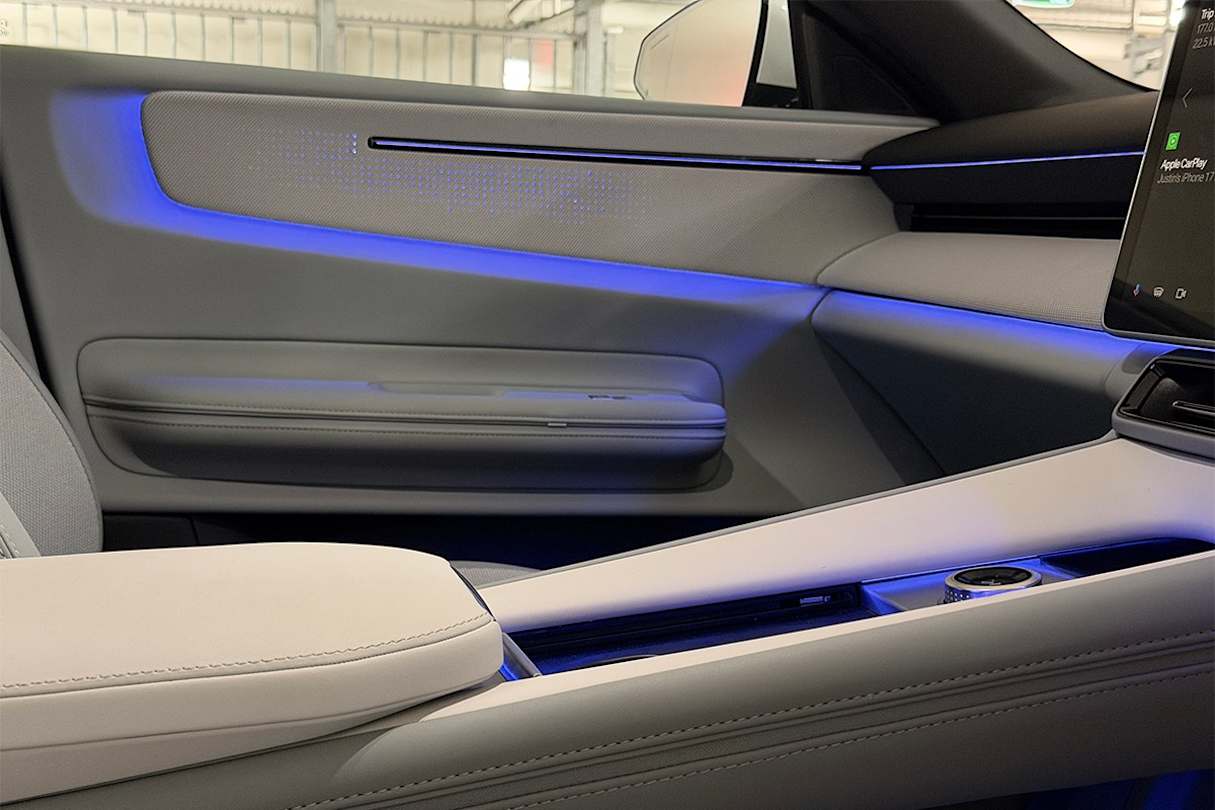
But its lane-change assist currently requires at least two taps of the central touchscreen to enable each time the ignition is turned on (a future over-the-air software update may change that). Don’t bother, though, because it’s been a little aggressive when I’ve used it. But again, its calibration may change for the better soon.
Speaking of changing lanes, I just wish the Polestar 4’s indicator stalk snapped into place when in use. Because it doesn’t, you often end up accidentally indicating for just three blinks when you actually want it to stay on. It is rather annoying. And when you are indicating, the indicator’s volume is so low you can sometimes not realise it’s on.
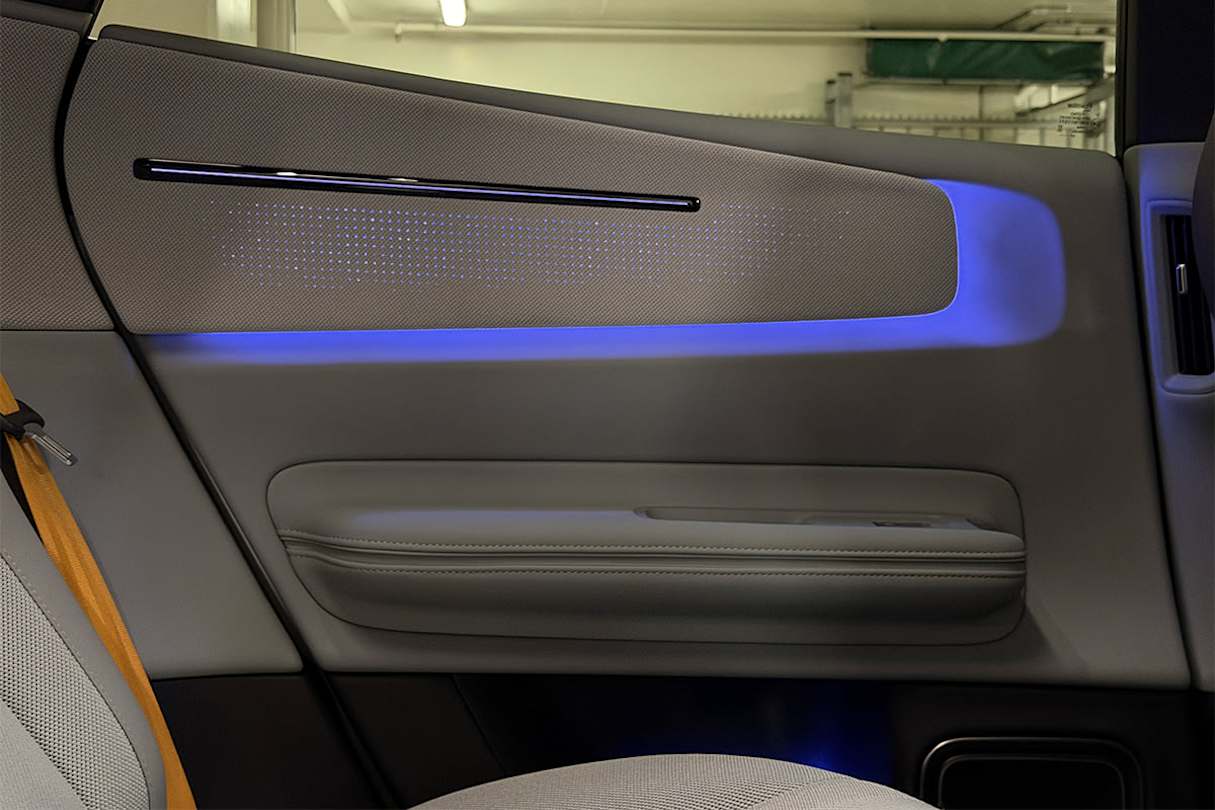
A trip to the mechanic
So, as mentioned, my third and final month with the Polestar 4 has been interesting in the sense that I had to hand back my test vehicle to Polestar for a couple of weeks due to a mechanical issue.
One day I got in ‘my’ Polestar 4 to leave home and had the steering on full lock during a cold start, at which point a strong vibration from the front end could be heard and felt.
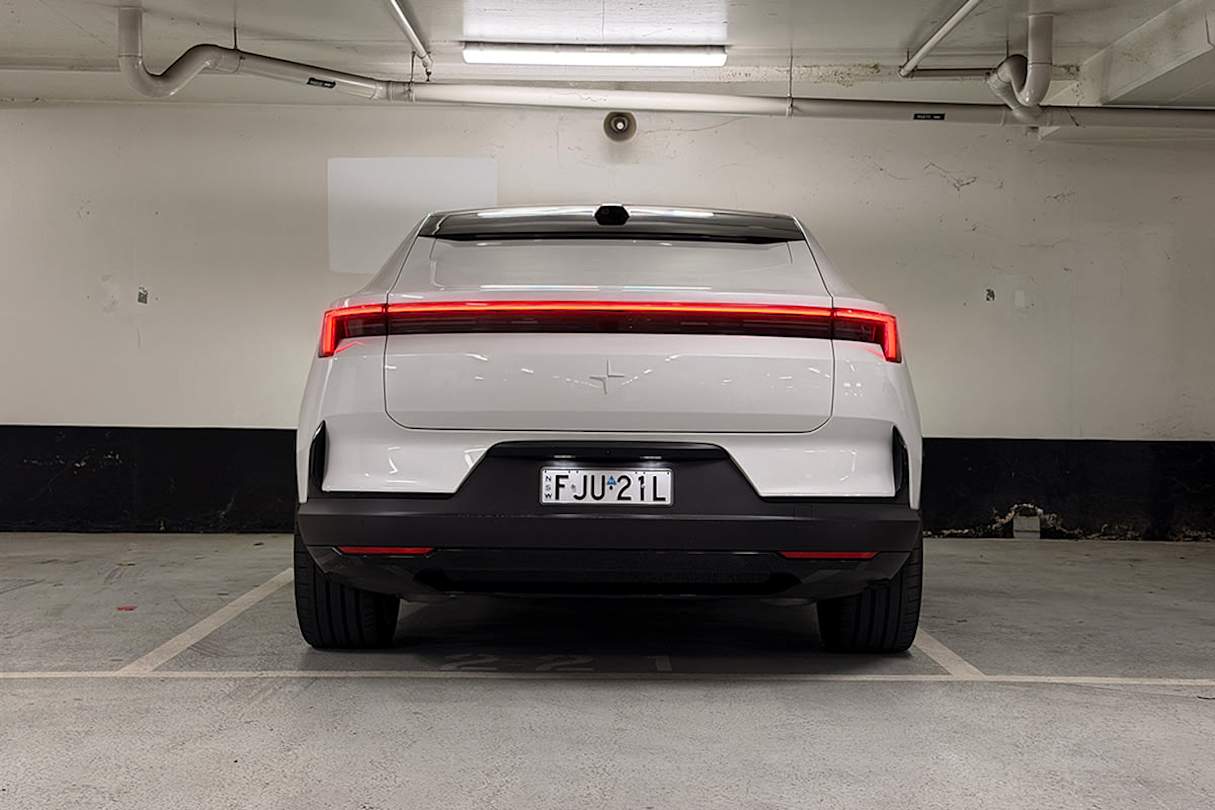
I thought it might’ve been a flat tyre, but a quick check ruled that out, so I carried on with my day and ruled the issue out as an anomaly – until it started randomly happening two or three times a day.
A phone call to Polestar led to the Polestar 4 being swiftly returned so its technicians could get to work. Two weeks later the keys were back in my hands following the release of a global over-the-air software update that fixed the issue.
It’s pretty wild to think that in this era of ‘software-defined vehicles’ like the Polestar 4, what would’ve otherwise been a mechanical issue can be fixed with an over-the-air update. Welcome to the future, people, it’s both promising and a little disconcerting.
Inefficiently long range
In my third and final month with the Polestar 4 LRDM I averaged 22.1kWh/100km over an abbreviated 372km of driving, which had a higher share of less-efficient highway driving.
This brings my three-month average to a very familiar 22.2kWh/100km over 2384km behind the wheel.
Given the Polestar 4’s 100kWh battery, this equates to a commendable real-world driving range of 452km in month three and 450km overall, both of which short of the LRDM’s 590km claim on the WLTP combined-cycle test, part of which is expected given the Performance pack’s energy-sapping 22-inch wheel and tyre package. You would be pushing 500km without it...
Acquired: June 16, 2025
Distance travelled this month: 372km
Odometer: 9179km
Average energy consumption this month: 22.1kWh/100km
Polestar 4 2026: Long Range Dual Motor
| Engine Type | 0.0L |
|---|---|
| Fuel Type | Electric |
| Fuel Efficiency | 0.0L/100km (combined) |
| Seating | 5 |
| Price From | $88,350 |
| Safety Rating |
|
Verdict
The Polestar 4 is a head-turner thanks to its bold, purposeful design decisions both inside and out. It’s also a proper luxury car, with the level of comfort and straight-line acceleration that you would expect from such a brand elevated by the fact that it’s a fully electric vehicle.
But just be careful with how you specify it. The dual-motor powertrain and Performance pack options make it less useful, so save yourself some money there, even if servicing is free for the first five years. But we just hope that Polestar improves the Polestar 4’s body control in a future update.






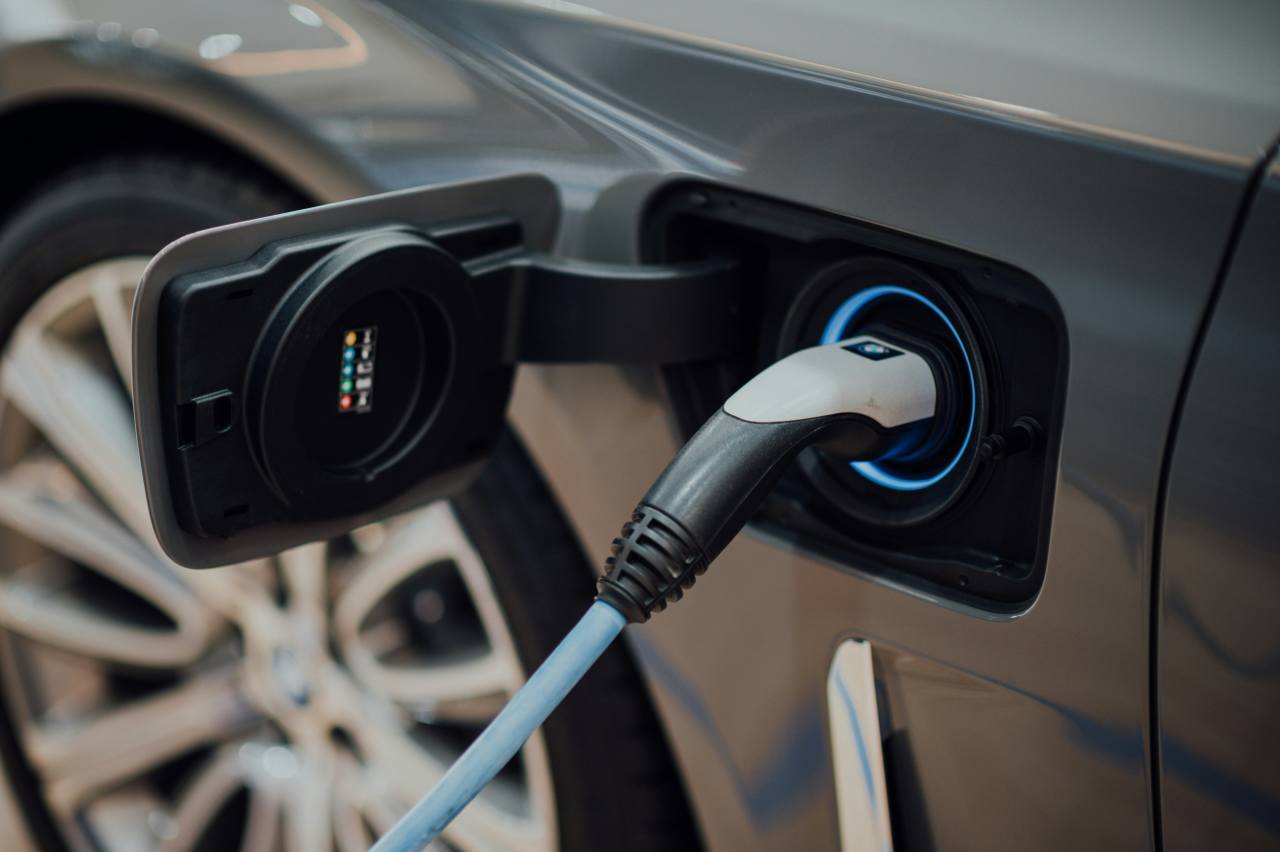

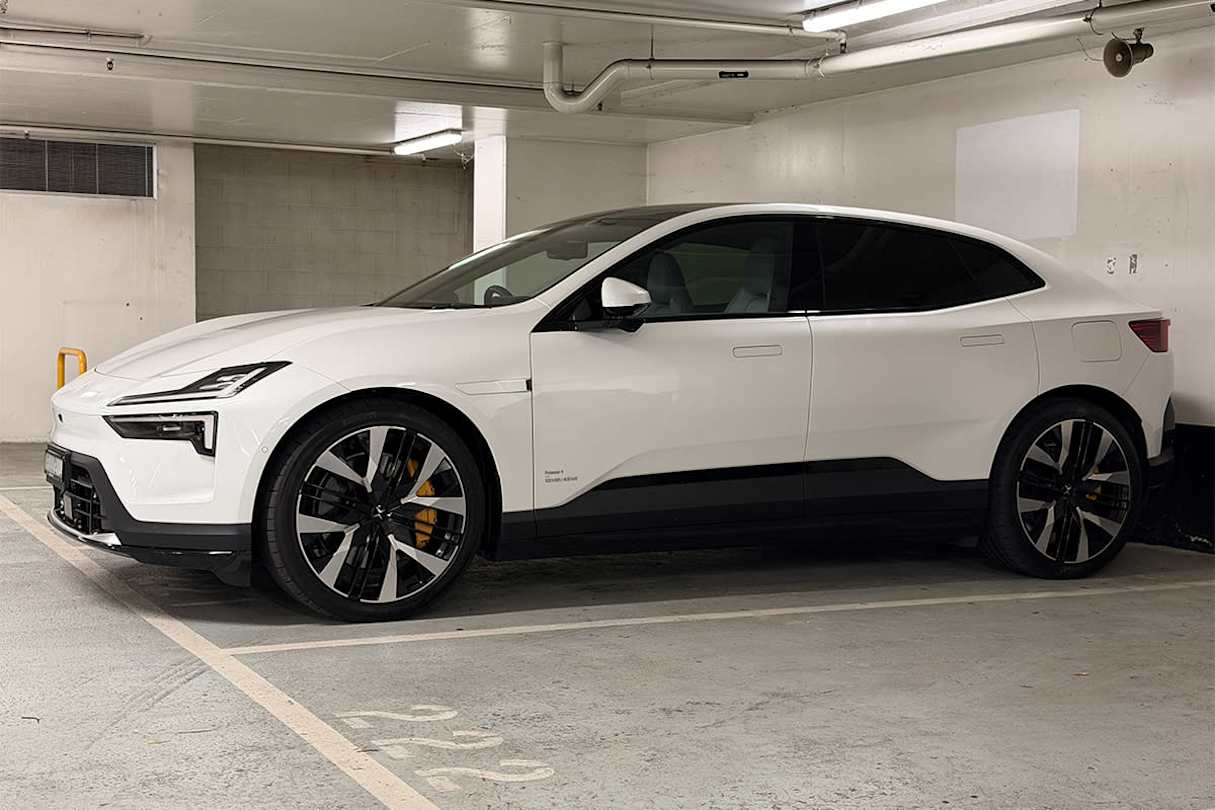
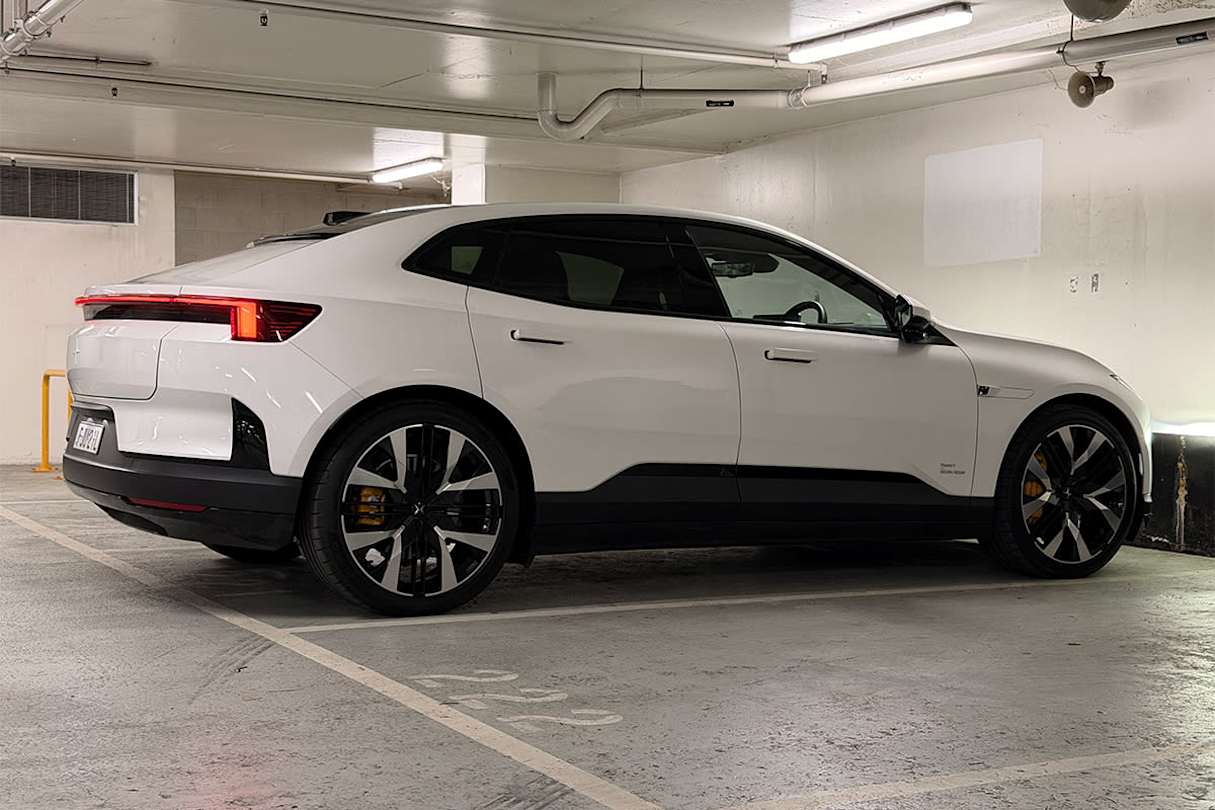


.jpg)
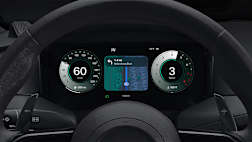





.png)








 copy.png)






















.png)
.png)
.png)



.png)

_0.png)
.png)
.png)











.png)

















.png)





.png)
.png)
.png)





.png)



.png)












.png)




.png)









.png)





.png)



















.png)




.png)

.png)
.png)






.png)



.png)




.jpg)

